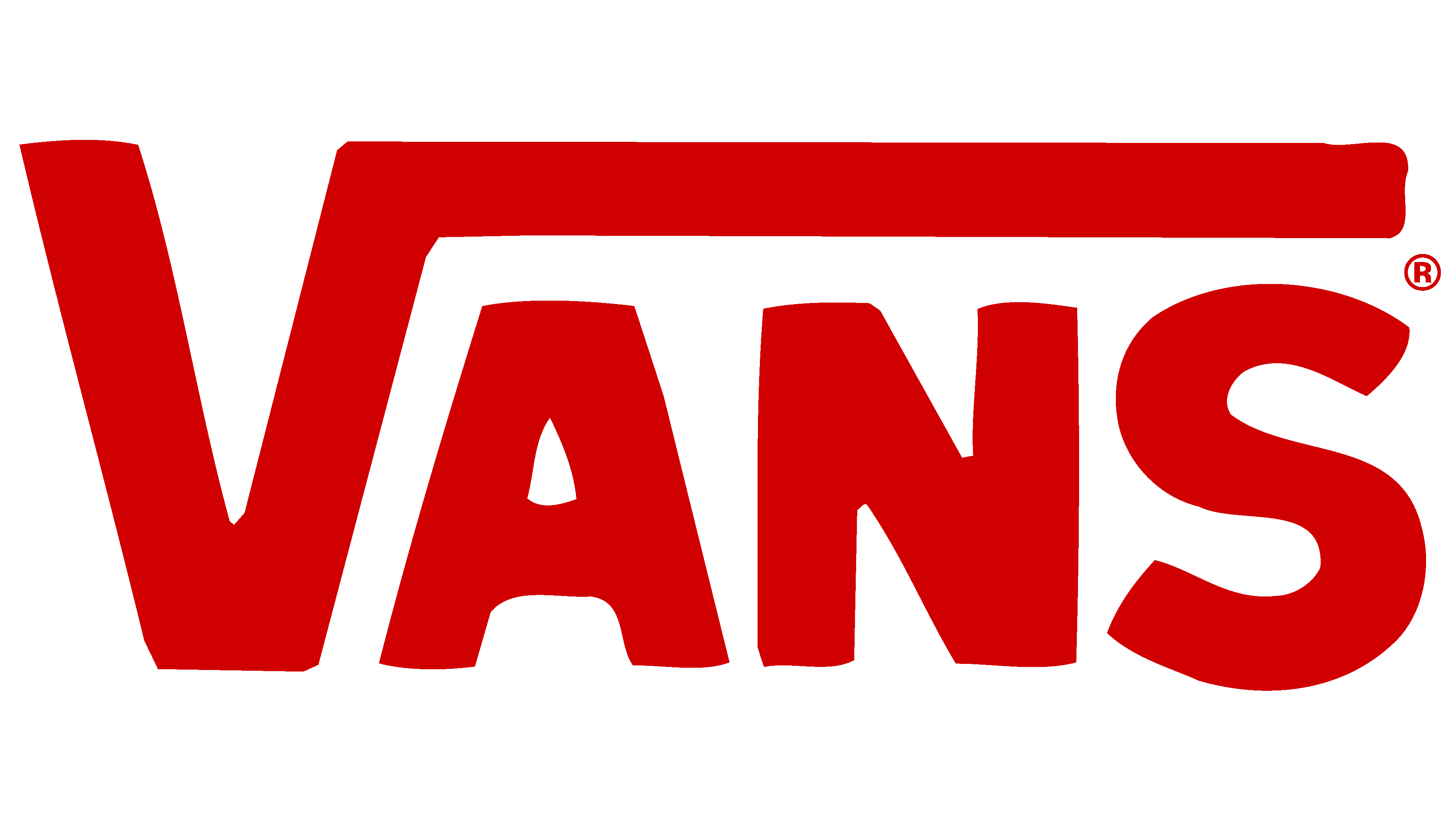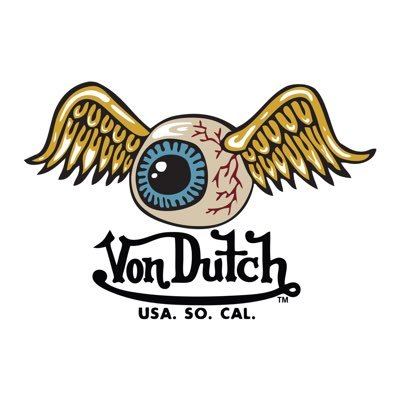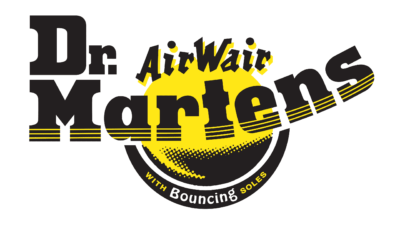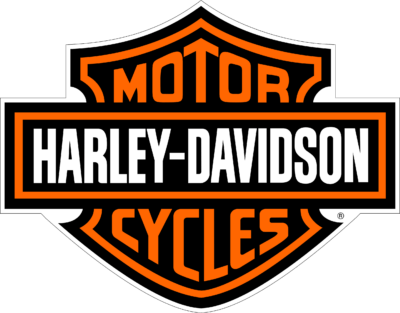this that this that
Brand Archetypes
The Outlaw
With a brand promise of rule breaking for the better, they promise revolution if it helps their cause. They are highly motivated for change. They’re bad asses.
What is the Outlaw Brand Archetype?
The Outlaw is the archetype that makes the establishment nervous. This is the brand that doesn't ask permission, it breaks the fu*cking rules. It would never adapt to the status quo, because it wants tp destroy it.
Fueled by Rebellion, Defined by Revolution
Outlaw brands are driven by a fundamental rejection of how things are "supposed" to be. They see the world as a system designed to constrain, control, and crush individuality. And they're not rebelling for attention, they're rebelling because conformity is a betrayal of who they are. Because rules were made to be challenged. Because freedom demands it. The cage needs to be opened.
What are some examples of Outlaw Brands?
- Diesel
- VANS
- Dr. Martens
- Harley-Davison
- Von Dutch
- Virgin
- Red Bull
The Psychology of the Outlaw Brand Archetype
Map this to the Enneagram and you get Type 8: The Challenger. The refusal to be controlled, and the belief that power structures exist to be questioned, challenged, and (when necessary) overthrown.
Outlaws are fueled by a visceral need for autonomy and authenticity. They believe that most rules serve the powerful, not the people, and that real progress only happens when someone has the guts to say "no." They ask: "Who gave them the right to tell me how to live?" So they resist. They disrupt. They never stop questioning.
This is why Harley-Davidson doesn't just sell motorcycles—they sell an identity built on rejecting suburban conformity and middle-class expectations. The roar of a Harley isn't noise; it's a middle finger to anyone who thinks life should be quiet and polite. Similarly, Dr. Martens doesn't just make boots—they created the footwear of rebellion itself. Born as working-class utility wear, adopted by punks, skinheads, and grunge kids, the brand became synonymous with counterculture movements that refused to dress for anyone's approval.
The Outlaw Brand's Promise
Every Outlaw brand makes the same core promise: "With us, you can be who you really are," which is selling liberation from societal constraints. That is, the permission, tools, and community you need to reject expectations and live on your own terms.
Look at Vans: they became iconic not by talking about shoe technology, but positioning themselves as the footwear for skateboarders. Kids who saw "No Skateboarding" signs as invitations, who turned architecture into playgrounds, who got kicked out of parking lots and came back the next day. "Off The Wall" is a declaration that normal is boring and rules are suggestions. They understood that their customers weren't buying sneakers; they were buying permission to not give a damn.
Or consider Diesel, a fashion brand that transformed denim into disruption with one brilliant campaign philosophy: celebrate stupidity as courage, mock conventional wisdom, and never apologize for being provocative. "Be Stupid" was permission to take risks, fail spectacularly, and live boldly instead of safely. Their advertising deliberately provokes, offends, and challenges what fashion "should" be. They position themselves as the brand for people who refuse to color inside the lines.
The Outlaw Brand's Core Values
Radical Autonomy: Outlaws refuse to be controlled by anyone or anything. Harley-Davidson's entire brand is built on the open road as metaphor for freedom—no schedule, no destination, no rules. "Live by your own rules" isn't a suggestion; it's their religion. The throttle is a tool of liberation.
Disruption as Identity: Outlaws see systems and feel compelled to reject them. Von Dutch embodied this in hot rod culture, taking mass-produced vehicles and customizing them into one-of-a-kind machines that thumbed their noses at factory conformity. The brand represented the outlaw craftsman who builds what he wants, not what he's told to build.
Authenticity Over Approval: Outlaws would rather be hated for who they are than loved for who they're not. Dr. Martens celebrates this perfectly—their boots are uncomfortable at first, require breaking in, and announce themselves loudly with every step. They're not trying to blend in. Neither are their wearers. Conformity is the enemy. Approval from the mainstream means you've sold out.
Counterculture as Culture: Outlaws don't just reject mainstream culture; they create alternatives. Vans didn't wait for skateboarding to become respectable—they supported skate culture when it was still getting arrested. They sponsored skaters, built skateparks, and treated a marginalized subculture as legitimate. The message was clear: we see you, we're with you, and we don't care what they think.
Liberation Through Transgression: Outlaws believe real freedom requires breaking rules. Diesel embodies this with advertising that deliberately violates fashion industry norms—celebrating imperfection, mocking aspiration, and treating "good taste" as the enemy of authentic expression. They don't ask what's appropriate; they ask what's honest.
What are the Outlaw Brand's Sub-Archetypes?
While all Outlaws share core values, they express them differently. Understanding these nuances helps brands fine-tune their positioning and messaging.
The Rebel
Anti-establishment and defiant, the Rebel rejects authority on principle. They're against the system simply because it's the system. Harley-Davidson lives in pure Rebel territory—their entire brand is built on rejecting societal expectations of respectability, safety, and conformity. The Rebel's potential pitfall can be reflexive contrarianism—opposing things just to oppose them, rebellion without purpose or direction.
The Revolutionary
Strategic and ideological, the Revolutionary wants to replace the entire system with something better. Virgin operates as the Revolutionary, entering industry after industry with a clear vision of how things should work differently. They're not just disrupting; they're building alternatives. The risk? Becoming so focused on tearing down the old that you fail to build anything meaningful in its place.
The Maverick
Independent and iconoclastic, the Maverick follows their own path with zero interest in what anyone thinks. They're not trying to change the world but are just refusing to play by its rules. Successful maverick brands march to their own drummer. The trap can be alienating everyone, even potential allies, through sheer stubbornness.
The Disruptor
Innovative and provocative, the Disruptor uses shock and surprise to challenge norms and get attention. Diesel embodies the Disruptor with advertising that deliberately provokes, offends, and challenges mainstream sensibilities. Red Bull also operates here, creating content and experiences so unexpected they force people to reconsider what a beverage brand can be. The danger lies in shock for shock's sake, being provocative without substance, offensive without purpose.
Building an Authentic Outlaw Brand
Your Rebellion Must Be Real: Don't manufacture controversy. Dr. Martens doesn't create fake counterculture credentials: their boots were actually worn by punks smashing fascism, by workers demanding dignity, by kids who genuinely didn't fit in. Your rebellion needs substance behind the swagger.
Celebrate the Misfits, Not Just the Outcasts: Show the people who don't fit and don't want to. Honor the different. Vans does this brilliantly by supporting skaters, BMX riders, and surfers not when they're famous, but when they're still getting kicked out of places. They celebrate weirdness as strength, skill as art, and outsider status as badge of honor.
Build a Community of Renegades: Outlaws are individualists, but they respect other individualists. Harley-Davidson created H.O.G. (Harley Owners Group), giving rebels a tribe without requiring conformity. The shared value is freedom, not uniformity. You can customize your bike however you want. That's the whole point.
Never Sell Out: If you claim your brand stands for something, defend it when it's expensive or inconvenient. When Dr. Martens became popular with mainstream fashion, they risked losing their edge. They navigated this by never apologizing for their roots, continuing to celebrate counterculture movements, and refusing to soften their image for mass appeal. Integrity isn't optional for Outlaws, it's everything.
Lead with Provocation, Not Aggression: Outlaws challenge norms, but the best ones do it with purpose. Diesel's provocative campaigns are making a point about authenticity, risk-taking, and the courage to be different. The provocation serves a larger vision of what living honestly looks like.
Respect Different Forms of Rebellion: Meet people where they are in their resistance to conformity. Some buy a Harley and ride across America. Others just lace up Vans instead of dress shoes. Both are valid expressions of refusing to conform. Von Dutch understood this. Whether you're building a $100,000 custom hot rod or just wearing the trucker hat, you're declaring independence from factory defaults.
The Outlaw archetype endures because it speaks to something fundamental: the human refusal to be tamed, controlled, or diminished by systems that demand conformity. In a culture that increasingly values compliance and consensus, Outlaw brands celebrate independence, authenticity, and the transformative power of saying "no."
They remind us that progress requires rebellion. That conformity is a slow death. That the most authentic life is found not in following rules, but in questioning why those rules exist. And that real freedom is found in the courage to be exactly who you are.
The Outlaw Connection Strategy
These brands denounce the normalized, what’s accepted, and status quo for something better. To do this, disruption is their tool. They run counter to the crowds: Vans will break into your LA home, drain your pool and make it a skate park. Dr. Martens will help support your rebellious self-expression. Harley-Davidson will empower you to feel like a bad ass.
The Outlaw Brand Voice
Disruptive
Rebellious
Combative
The Outlaw Brand Colors

Outlaw Brand Examples






